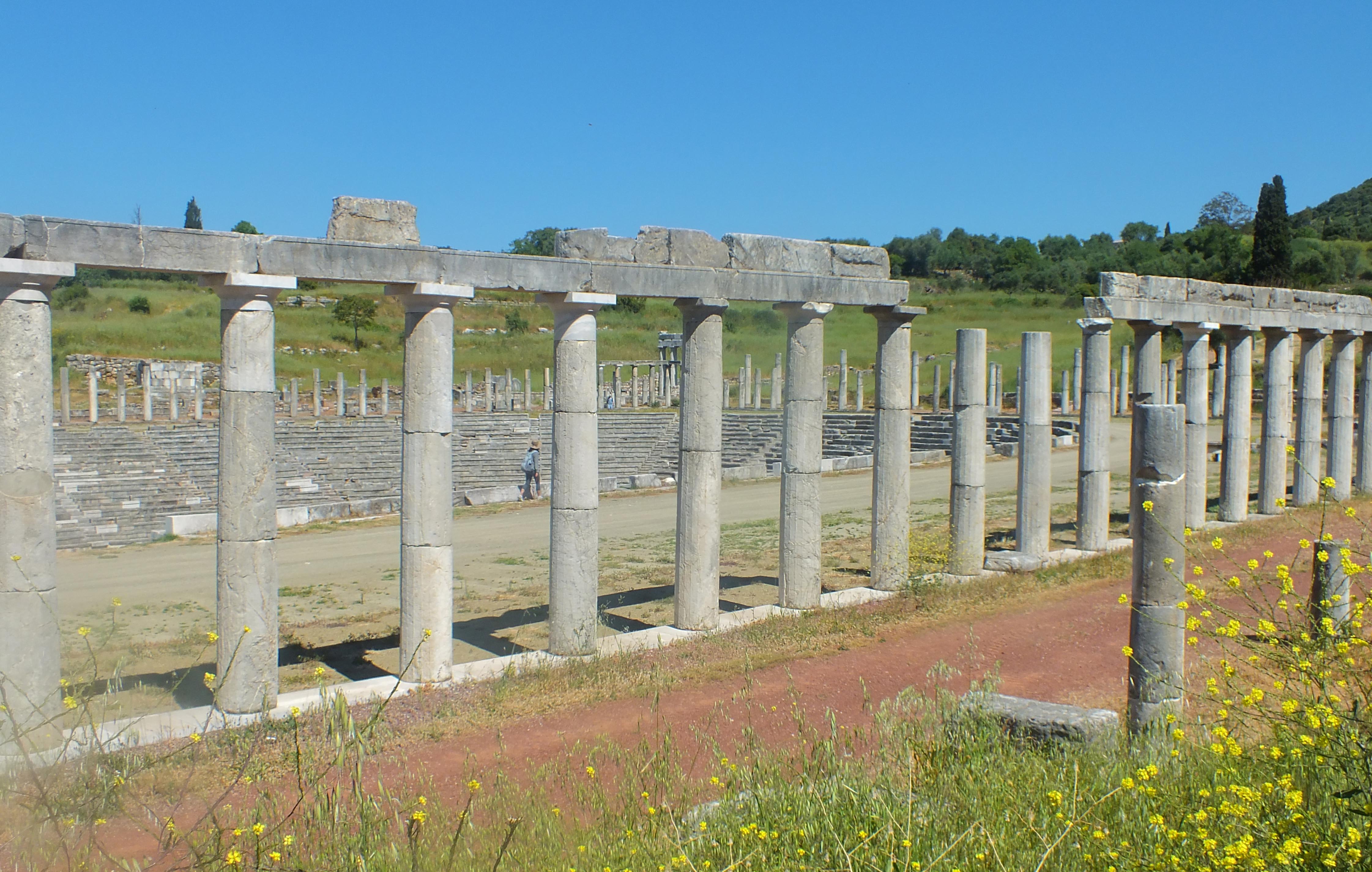Public space and urban networks in the ancient world - Hellenistic and Roman Messene as a case study
Urban Network Evolutions lecture by Assistant Professor Christopher Dickenson
Info about event
Time
Location
The Danish Institute at Athens (DIA), Herefondos 14, Athens, Greece

Abstract
In Hellenistic and Roman times the appearance of the public spaces of Greek cities changed dramatically becoming increasingly monumental and more specialized in function. Modern scholars have been keen to interpret these changes as the result of broader political developments and, in particular, the influence of kings and emperors. There is thus a recognition that cities changed because they were part of a larger system, yet the mechanism by which that change occurred has been explained in rather simplistic top-down terms. There is little room in this vision for local agency, divergent uses of public space by diverse groups within the urban community, or for more complex connections to urban settlements that weren't top down. In this lecture I will make the case for a new way of approaching ancient public space that accounts for one of its key characteristics — and a potential source of tension: that ancient public space was at once intensely local, as somewhere that members of the local population interacted with each other on a daily place, and at the same time was where urban populations were most directly plugged into influences from the larger urban network of which they were a part. The lecture will focus on a case study for which the archaeological evidence is particularly rich for the Hellenistic and Roman period, Messene in the southwest Peloponnese.
This lecture, no. 6, is a part of a lecture series by Centre for Urban Network Evolutions (Urbnet), Aarhus University. UrbNet presents the lecture series Urban Network Evolutions at the Danish Institute in Athens in spring/fall 2017, focusing on the development of urban networks and the way in which urban encounters catalysed societal and cultural changes. During a total of six lectures, the subject of urbanism will be elucidated with reference to different geographical contexts: The Middle East, Africa and Northern Europe – as well as different types of evidence/finds: ceramics, metal and water management. Finally, perspectives will be offered on a new approach to the topic: High-Definition Archaeology.
Programme for the lecture series.
